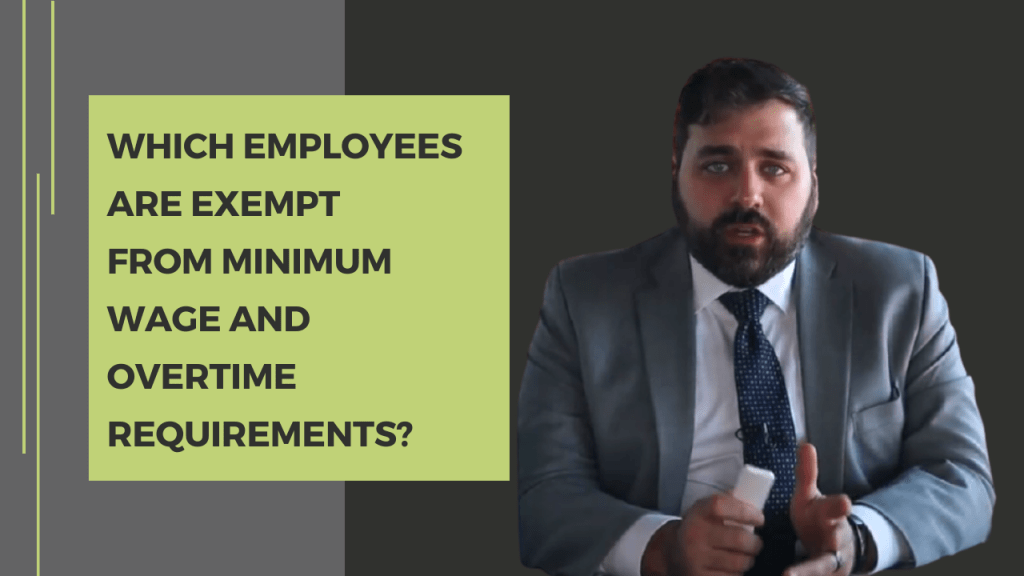Crucial FLSA Update: Independent Contractor vs. Employee Classification Final Rule
The U.S. Department of Labor published the issuance of the final rule under The Fair Labor Standards Act (FLSA) regarding Employee or Independent Contractor Classification. 🎙️ In this episode, Rhamy Alejeal, CEO of People Processes, breaks down the major Fair Labor Standards Act update arriving in March 2024. 🌐 Why is this Episode a Must-Watch?…
Listen NowWhich Employees Are Exempt from Minimum Wage and Overtime Requirements?
Under the FLSA, employees are entitled to be paid a minimum wage for each hour worked and to be paid one-and-a-half times their regular rate of pay for each hour in excess of 40 hours worked in a workweek (some states have slightly different regulations). Certain employees are exempt from these requirements, including employees who…
Listen NowShould I Pay My Employees a Flat Rate by Budget or by Actual Hours Worked?
A group of mechanics employed at a South Carolina chain of tire and automobile repair stores was paid under a compensation plan that contained two components. They received an amount determined by multiplying the particular mechanic’s “flat rate”;—an hourly pay rate assigned to each mechanic based on that mechanic’s particular skill, experience, and certifications—by the…
Listen NowDo I Have to Reimburse My Employees for Personal Auto Use?
We will be looking at an explanation from the Wage and Hour Division of the Department of Labor about the Fair Labor Standards Act, specifically about employee reimbursements. Generally, the FLSA requires covered employers to pay non-exempt employees no less than the federal minimum hourly wage for all non-overtime hours worked in a given workweek.…
Listen NowCan I Pay My Commercial Drivers Commission Only?
Establishments that had been listed as lacking a retail concept, including waste-removal contractors, may now qualify as retail or service establishments.
Listen Now




